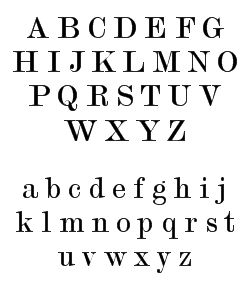
Widen your Vocabulary: use a Thesaurus
Whether you are writing essays, stories, dissertations, or answering exam questions, it is essential to make the words you use as interesting as possible. This is especially true in the humanities subjects, most obviously English.
When a teacher is faced with thirty versions of the same essay question to mark, the correctly answered scripts which include the most accurate spelling and most descriptive and expressive words in them are the ones that will achieve the highest marks.
In order to stretch your vocabulary you can use a thesaurus. A thesaurus, like a dictionary, lists words in alphabetical order. Unlike a dictionary, which gives a definition, a thesaurus provides a selection of alternative words for the one you’ve looked up. For example, if you looked up the word happy, you would find a list of words that also mean happy.
So: Happy – content, contented, pleased, glad, joyful, cheerful, blissful delighted, exultant, ecstatic.
It is particularly important in English to show knowledge of a wide vocabulary. It is rather tedious to read a story that repeats the same words in each paragraph. Using a thesaurus can help you to metamorphose a dull story into an interesting one.
The following example shows the beginning of a story. The first paragraph uses perfectly good words, but feels a little flat and uninteresting compared to the same scene described beneath it, using a wider vocabulary.
The road Sarah stood by was long. As she looked into the dark woods that lined each side of the road she felt afraid. They were so dark. She felt cold and alone.
Sarah stood by a narrow twisting road. As she peered into the shadowy gloom of the woods that bordered each side of the road, a trickle of fear ran up her spine. The atmosphere was cloaked in darkness. Chilled to the bone, Sarah had never felt so isolated.
By changing a few words a reasonable piece of work can be transformed into an interesting one, obtaining you a higher grade for your studies.
